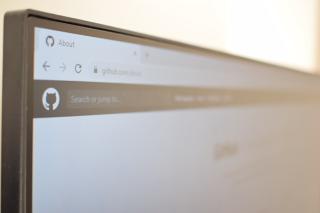
Update on Apple vs the FBI
We wrote recently that Apple has refused the FBI's request to create a new version of the iPhone's operating system.

We wrote recently that Apple has refused the FBI's request to create a new version of the iPhone's operating system.

A nasty bug has been found in the software that translates Internet computer names (hostnames) into numerical addresses that computers on a network can use (IP addresses).

Last year we looked at the United Kingdom’s draft Investigatory Powers Bill (known as the snooper's charter"), and criticized the requirement for vendors to install "back doors" into their software

We've written numerous posts that emphasise the importance of being able to maintain our privacy on the Internet, particularly when it comes to government attempts to mandate "backdoors" into encryption products.

France has joined the Netherlands in rejecting mandatory encryption backdoors in software products. We recently examined the UK's draft "snoopers charter" that includes this as a requirement.

Hard disk encryption prevents access to your confidential files if your PC or laptop is stolen.

Some former NSA and CIA officials have recently made some good points about why use of strong encryption should not be curtailed or crippled.

VTech is a Chinese company, and in November, VTech's servers were hacked and the personal data of almost 5 million customers was stolen.

We recently blogged about how the SHA-1 hash algorithm is now considered to be broken.

FBI director James B. Comey has for some time been a critic of encryption technologies, arguing that challenges for his agency are growing as groups they are monitoring "go dark"